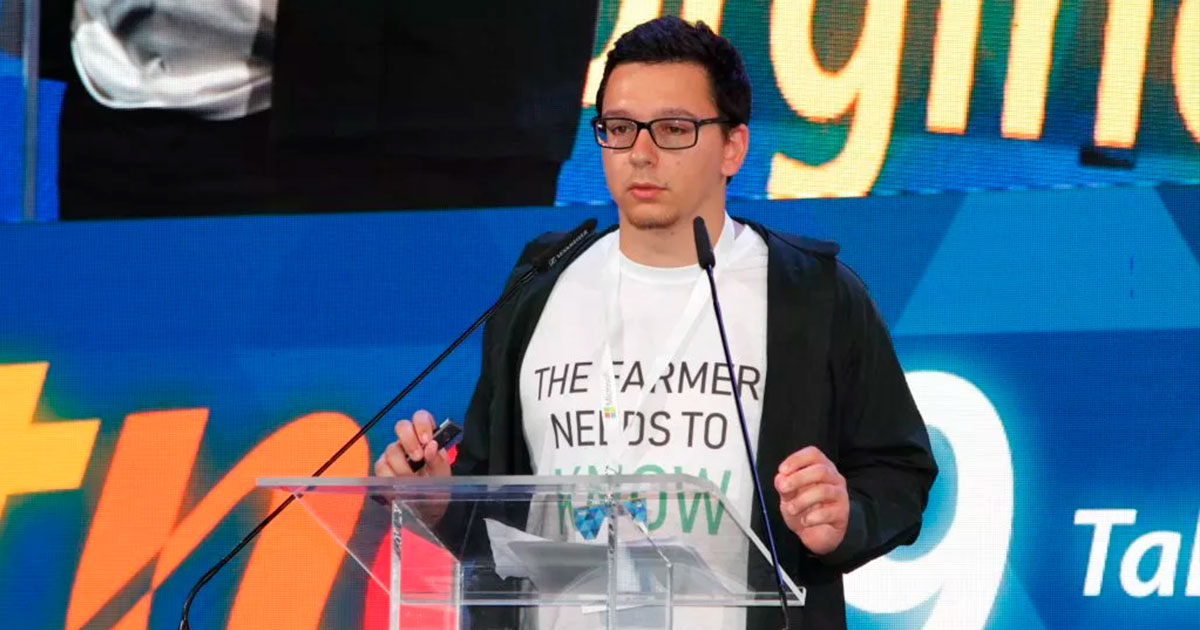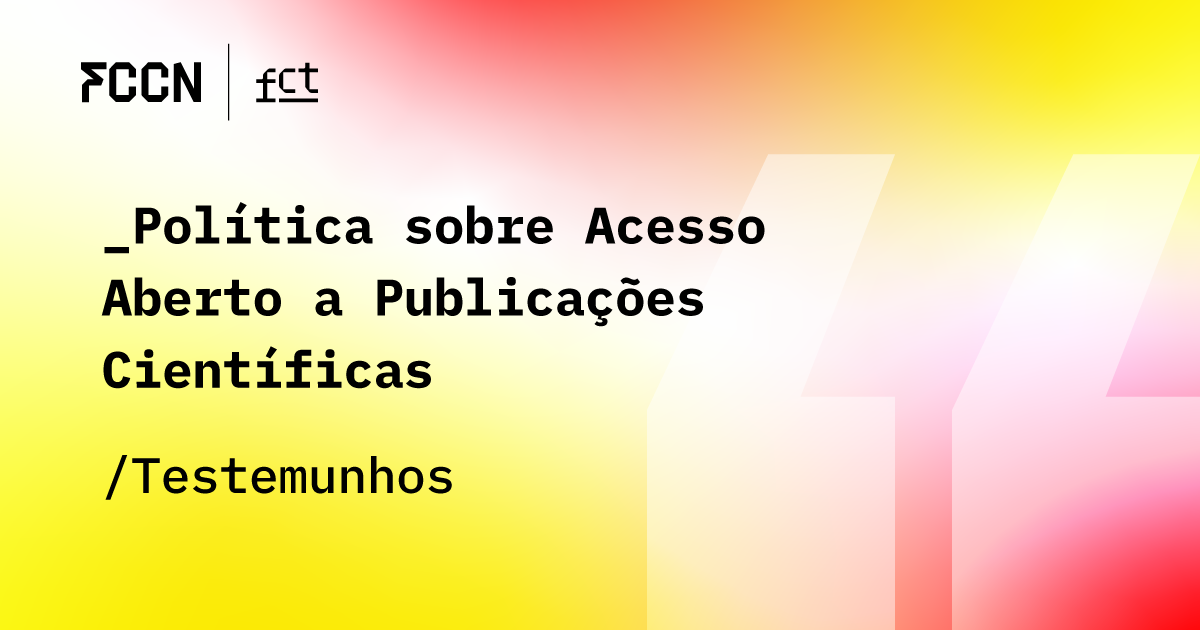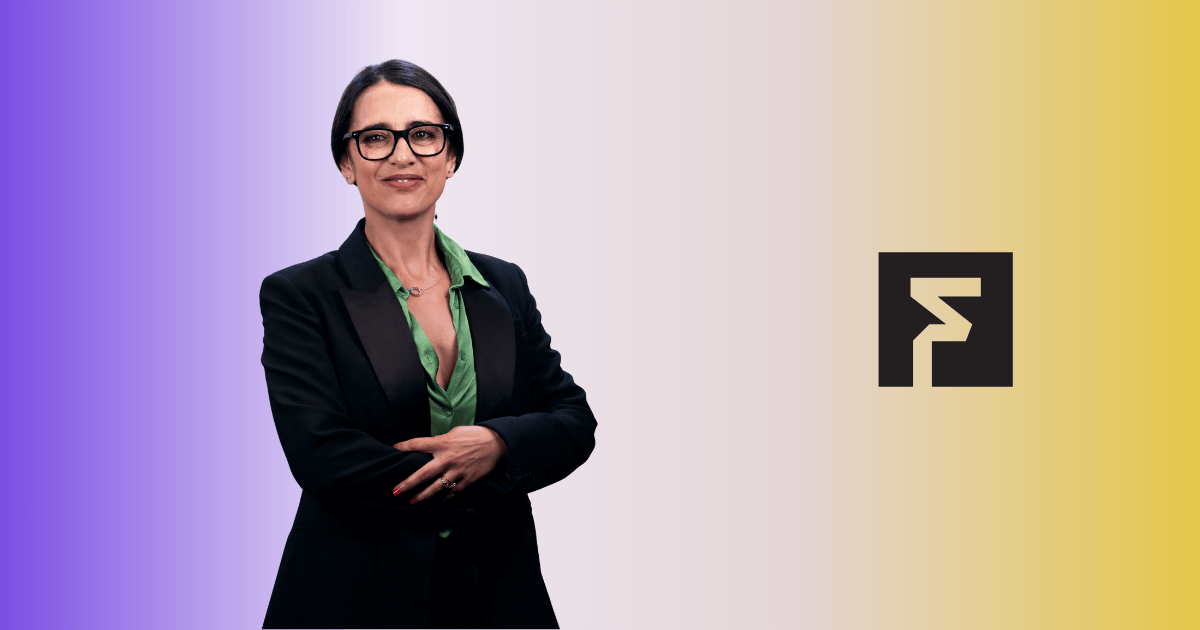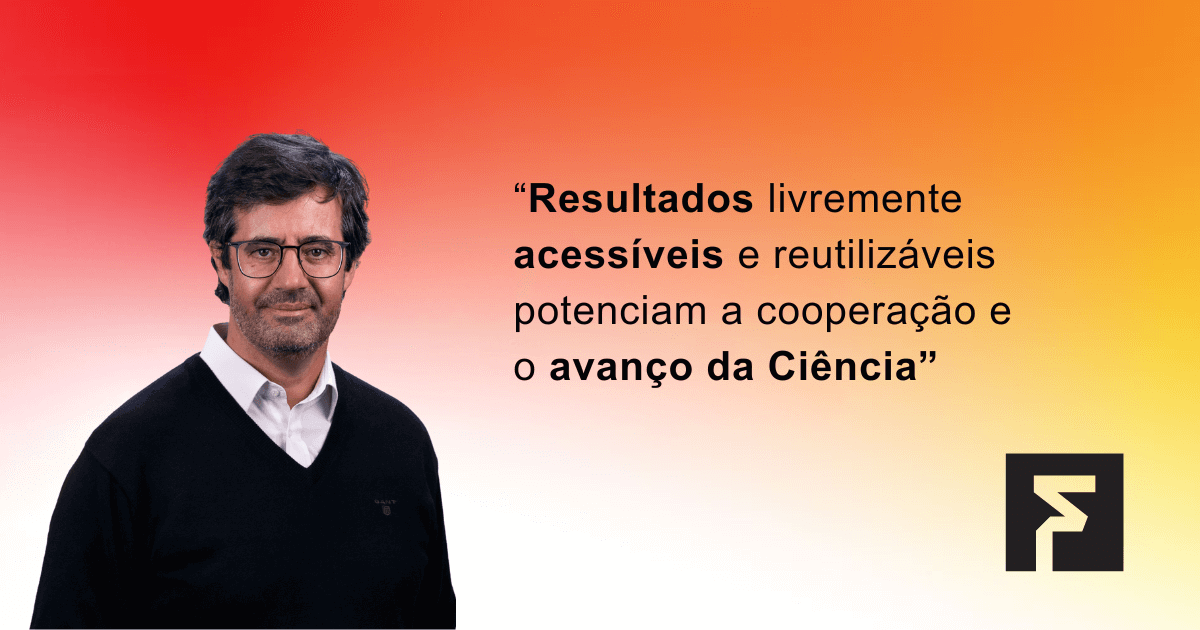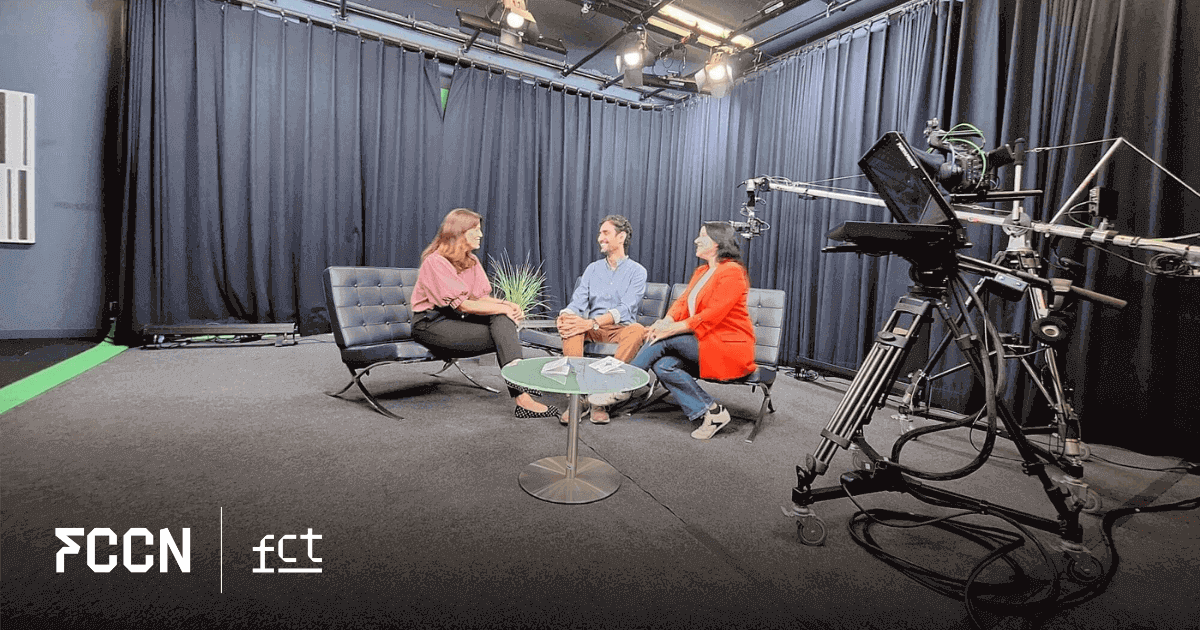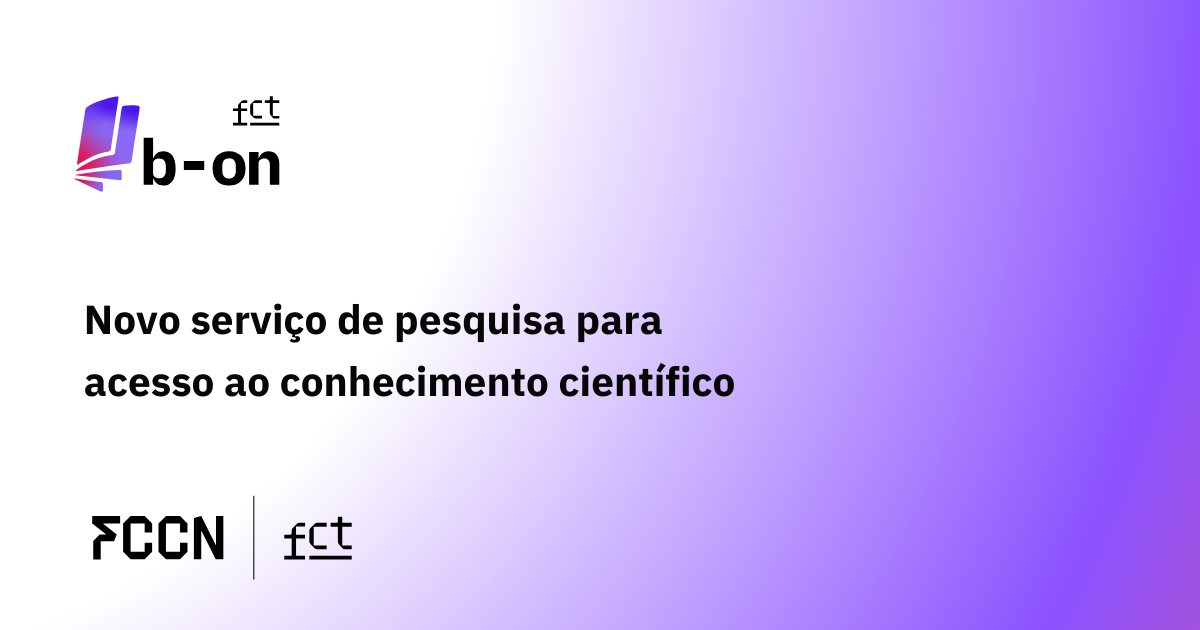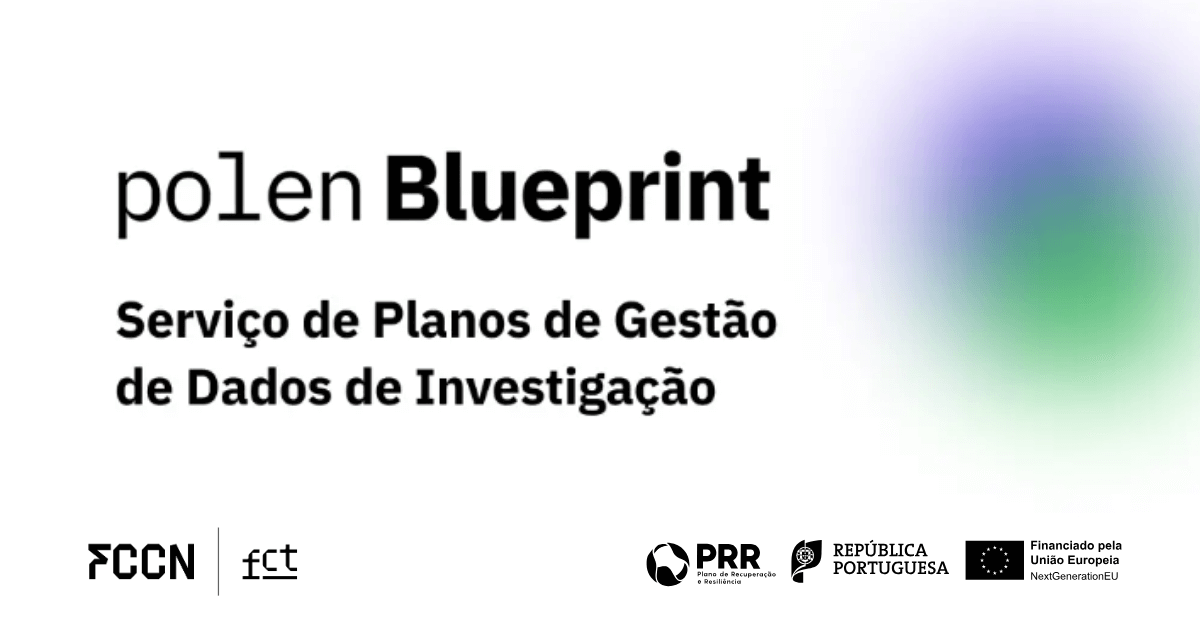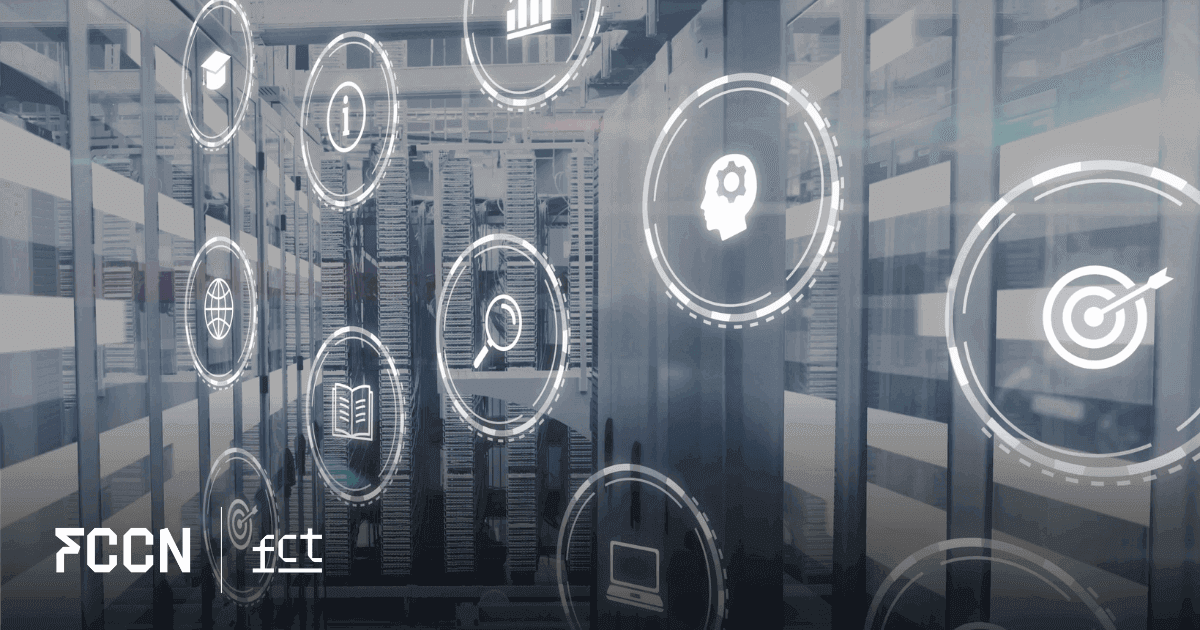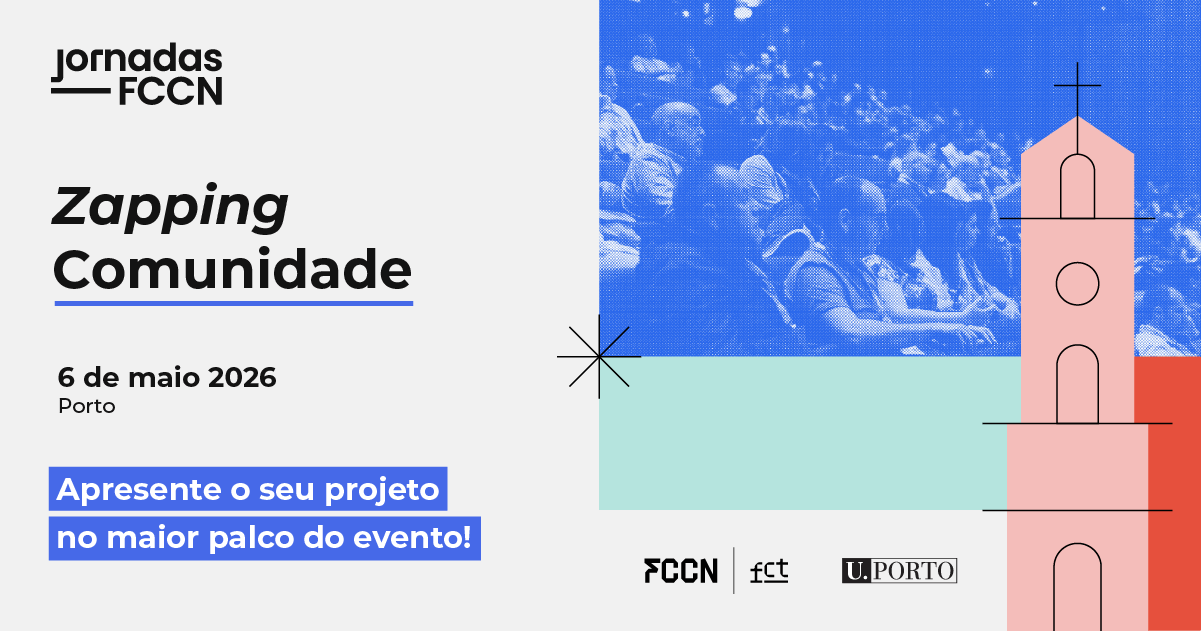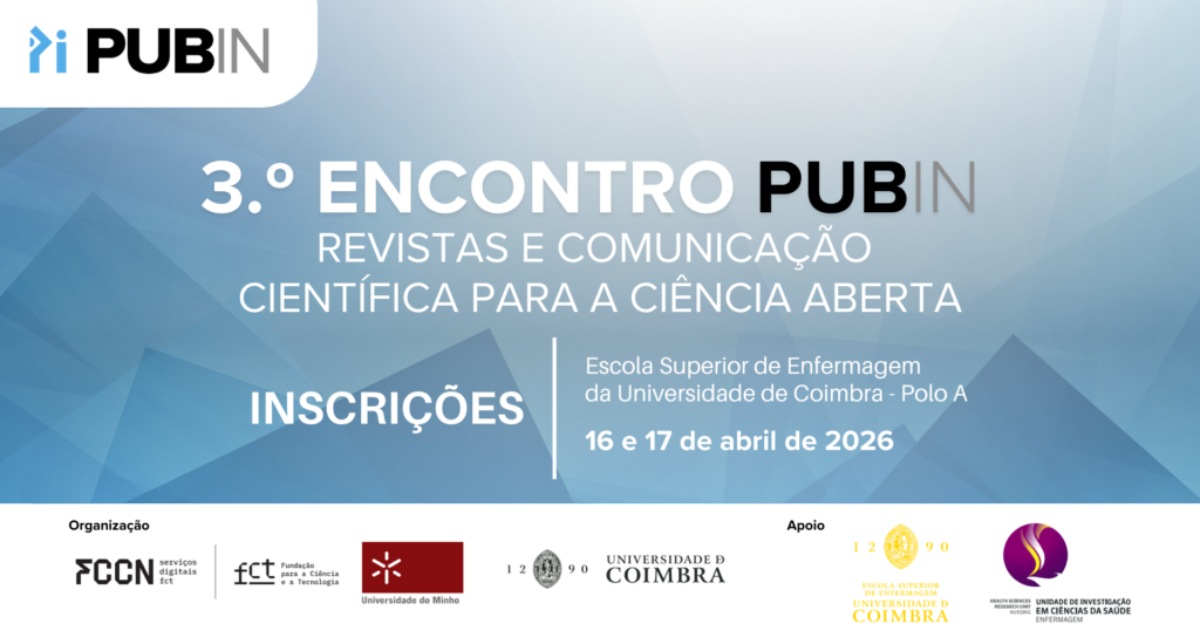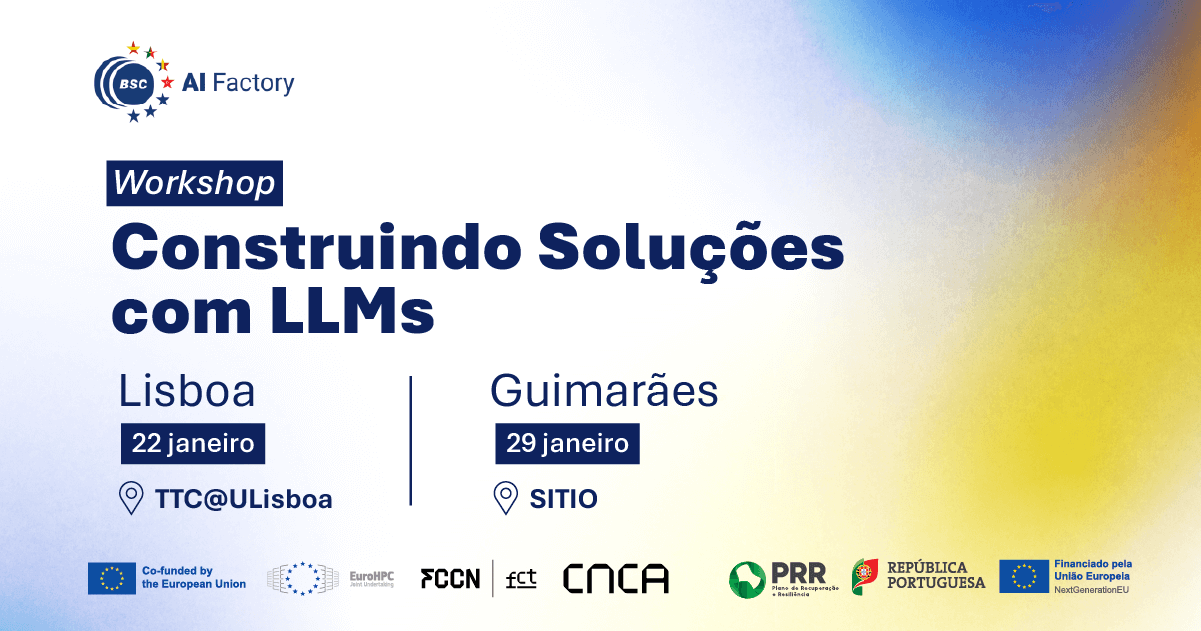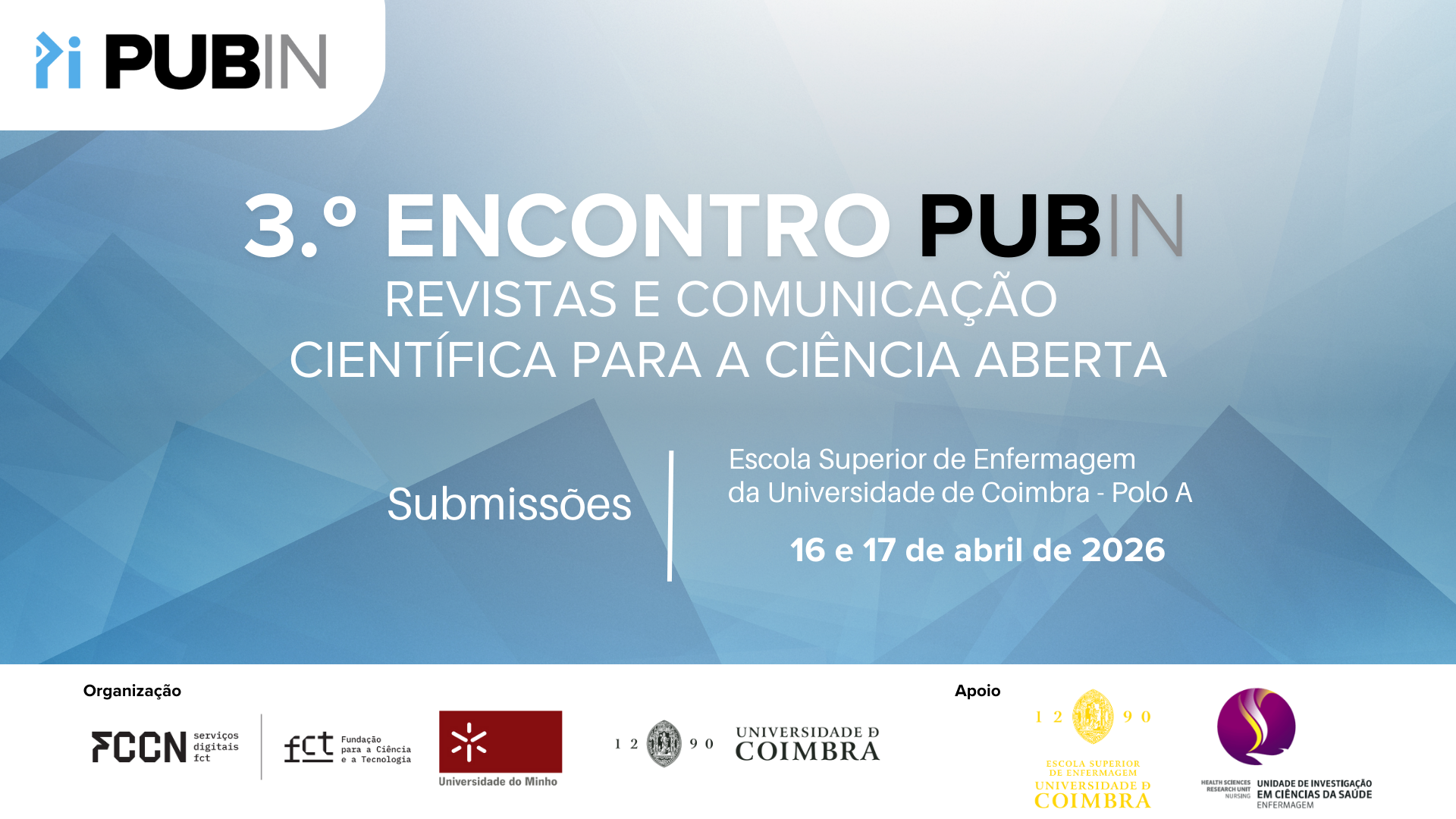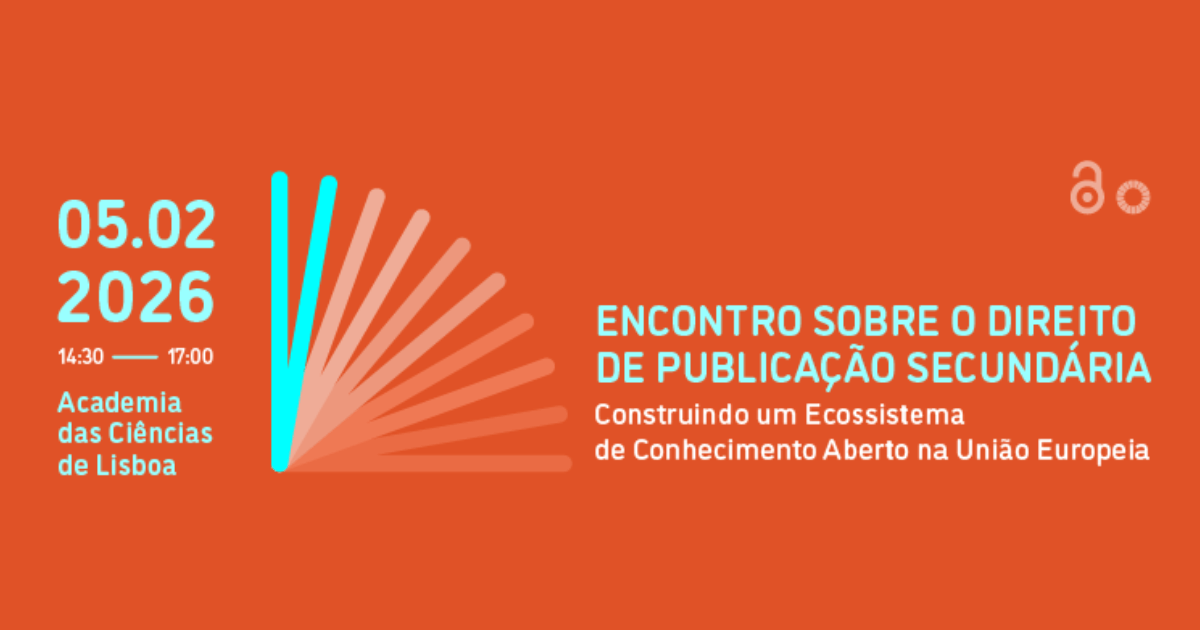António Ferreira is a student at the University of Trás-os-Montes and Alto Douro (UTAD) and, from June 16th to 20th, participated in Tallinn, on the stage of the world's largest conference of academic networks – TNC19. The challenge was launched by GÉANT to all European Education and Research Networks and was once again implemented in Portugal by FCCN. This isn't the first time UTAD has seen its students among those selected to take advantage of the opportunities offered by being chosen to speak at TNC's "Lightning Talks." For António Ferreira, the experience was "rewarding" and "had an impact on me personally, being able to present at this conference," he explains.
How did the opportunity to participate in TNC 2019 come about?
The opportunity arose through my advisor, Emanuel Peres. He's familiar with the competition, having had students of his in the past, such as José Brito, present their work. When the competition opened, my advisor said it would be a good idea for me to participate and submit a document, which I did with the help of both my advisors, Emanuel Peres and Telmo Adão.
Can you describe the scope and purpose of the communication you carried out?

My project is about building a tool machine learning for identifying forest and agricultural species. As a student at the University of Trás-os-Montes and Alto Douro, I have the enormous privilege of being surrounded by forest species every time I enter the campus, and beyond. The Douro region is rich in grape varieties that need to be identified. My project arose from the need for a tool that could help people identify these species.
How do you describe not just the minutes of the presentation but the entire experience?
My experience was a rollercoaster of emotions, as I was eager to attend all the presentations the conference had to offer, but whenever I was sitting in the audience seats, while watching other people speak on stage, I would look around and see a ton of people—there were around six hundred of them—if I'm not mistaken—and I thought, "I'm still going to have to present in front of all these people." And I was a little afraid that I would forget something I had to say during the presentation, so I admit that on the second day of the conference, which was the first of Lightning Talk ChallengeI didn't get much out of it until I presented, because I was anxious. During lunch, I and a few other challenge presenters had the opportunity to test the presentation, which was great because it gave me a sense of what I could and couldn't do. For example, both microphones were directional, so if I moved twenty centimeters to the side, no one would hear me. Because of this test, I immediately decided to "stand" right in front of the microphone so as not to mess up. When the five-minute presentations started, it was difficult, because I'd never presented to more than fifty people, let alone six hundred. I was nervous, but as soon as I got on stage and started speaking, it was different. I was anxious and confident at the same time, because I saw people smiling (my presentation had a bit of humor), others waving—it was an inspiring moment. I was happy during the presentation and felt confident, I didn't even forget to breathe! (I had notes on the cards to remind me to breathe, because when I get anxious I start talking super fast and no one understands me).
I was happy during the presentation and felt confident, I didn't even forget to breathe! (I had notes on the cards to remind me to breathe, because when I get anxious I start talking super fast and no one understands me).
When I finished the presentation, everything was different. I went to see everything I could. I loved the conference. I met new people, I talked about my project with people I had never met before, I asked other presenters about their projects. Everything was great, not just the conference, but the city of Tallinn itself, which is very beautiful.
Do you feel that the TCN19 audience was interested in your project?
I feel like the audience was attentive and enjoyed it, clearly not everyone has an interest in machine learning or agriculture, but I think overall people enjoyed it, and that was the impression I got. As soon as we had a break and even during the following days, I had people from the audience interacting with me, asking me about my project, others praising the presentation itself. The reaction was positive, in my opinion.
How can this moment have an impact on the future?
This moment has already had an impact on me personally, as it is gratifying to be able to give a presentation at this conference and it has increased my confidence for future presentations or even for communicating in English.
The video of António's presentation can be viewed at this link (from minute 59).

